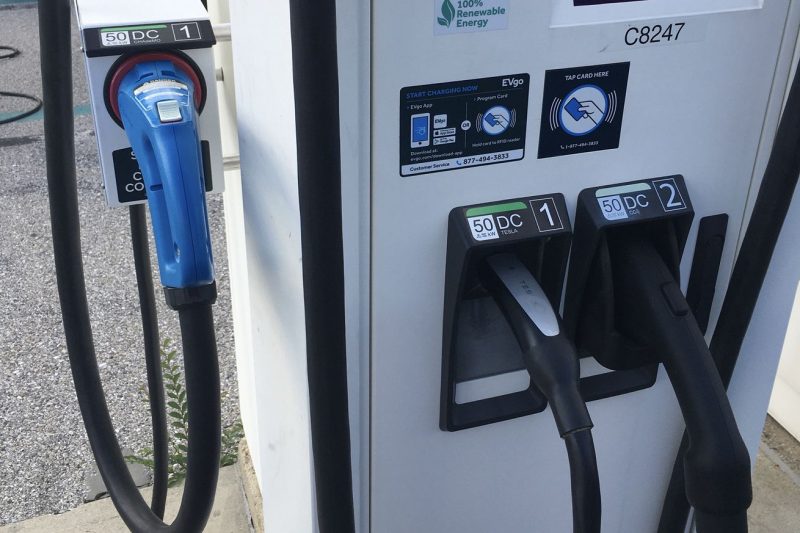
Shocking Findings: 20,000 EV Stations Analyzed Reveals Charging Woes Still Prevail
Electric vehicles have long been seen as a promising solution to reduce emissions and combat climate change. However, the development of charging infrastructure remains a significant challenge in achieving widespread adoption of EVs. An analysis of 20,000 EV stations by researchers has shed light on the current landscape of EV charging and the challenges that come with it.
One of the key findings of the analysis is the issue of charging speed. Despite advancements in technology, many EV stations still take a long time to fully charge a vehicle. This can be frustrating for EV owners, especially those on long journeys or in urgent need of a quick recharge. The study emphasizes the need for faster charging solutions to make EVs more convenient and practical for daily use.
Another important aspect highlighted in the analysis is the distribution of EV stations. While urban areas tend to have a higher concentration of charging stations, rural and remote areas often lack sufficient infrastructure. This disparity can deter people from switching to electric vehicles, knowing that they may face difficulties finding a charging point outside of urban centers. Addressing this geographical imbalance in charging infrastructure is crucial in promoting widespread adoption of EVs.
Furthermore, the study reveals that a large number of EV stations suffer from maintenance issues. From faulty chargers to inadequate signage, these problems can significantly impact the user experience and deter potential EV owners. Ensuring regular maintenance and proper upkeep of charging stations is essential in building trust and confidence among consumers.
Moreover, the analysis also highlights the lack of standardization in charging systems. Different EV models require different types of connectors and charging protocols, leading to compatibility issues at charging stations. This fragmentation in the market adds complexity for both EV owners and station operators, emphasizing the need for a unified approach to charging infrastructure.
In conclusion, while the growth of EV stations is a positive step towards a more sustainable transportation system, there are still several challenges that need to be addressed. Faster charging speeds, equitable distribution of charging stations, proper maintenance, and standardization of charging systems are key areas that require attention to overcome the current limitations of EV charging infrastructure. By addressing these issues, we can pave the way for a future where electric vehicles are not only environmentally friendly but also convenient and accessible for all.
